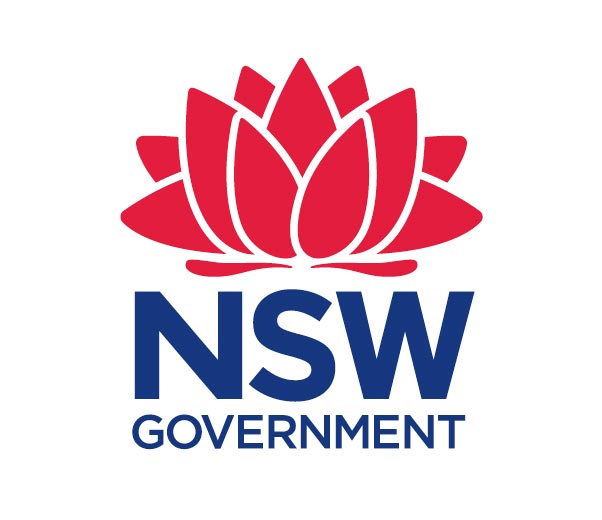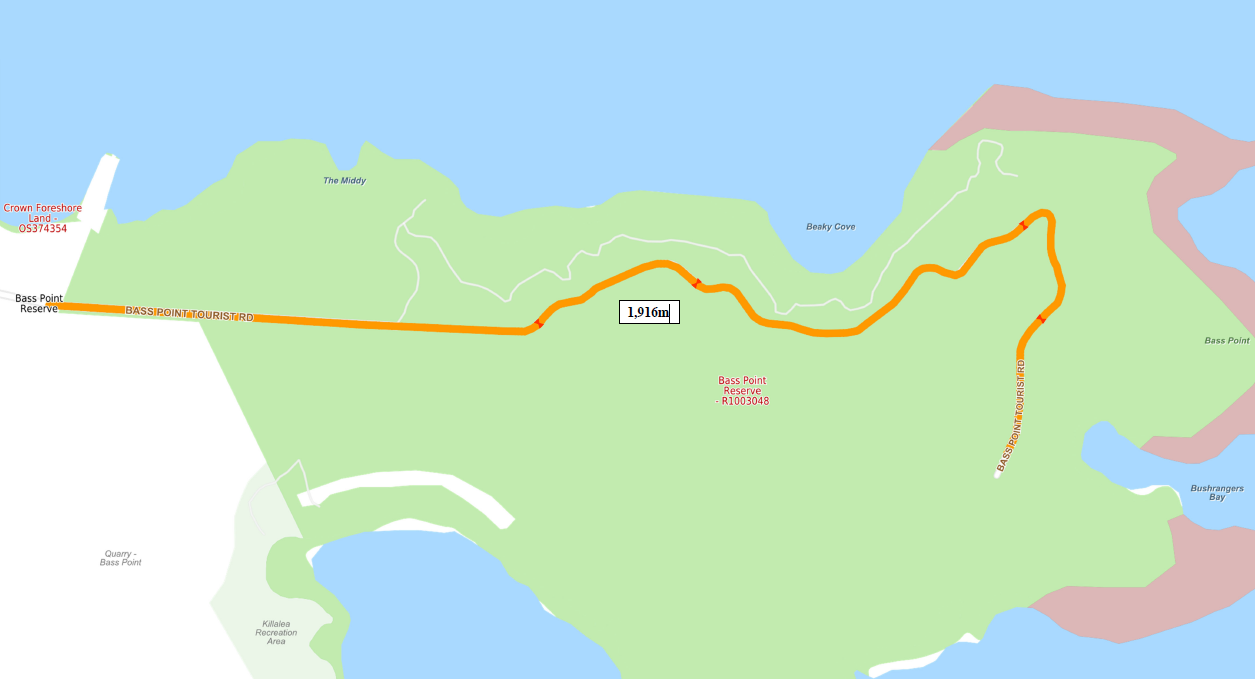Summary
Location:
Bass Point, Shellharbour.

Timeframe:
February 2024 - May 2027.
Funding:
This project is partially funded by the NSW Government’s Coastal and Estuary Grants Program, at a value of $55,000 over a 3 year period.

About the Project
This project focuses on bush regeneration and revegetation activities within the Littoral Rainforest and Littoral Rainforest Proximity Area of Bass Point Reserve in the Shellharbour LGA. The aim is to reduce the impact of weeds on this important ecosystem and improve its health, habitat and resilience. It continues the great work Council has done in this special area over the past 5-10 years.
What we expect to achieve:
- Fewer weeds and less weed cover.
- More native plants growing.
To reach these goals, we'll use provenbush regeneration and weed control methods, including chemical, manual and mechanical techniques, following industry best practice.
Project Stages
Milestone 1 - Completed
Establish monitoring sites and map endangered species.
Milestone 2 - In-progress
Primary weeding of priority invasive vines (Cape Ivy, Coastal Morning Glory, Moth Vine and invasive Passionflower species). Collect monitoring photos and write progress reports.
Milestone 3: Secondary Weeding and Revegetation - Upcoming
Continue targeting invasive weeds and carry out local weeding along access pathways (e.g. Lantana, Bitou bush, Turkey Rhubarb, Trad, Asparagus).
Milestone 4: Maintenance - Upcoming
Continue maintenance of the targeted sites to reduce weed growth. Replace any native plants that did not survive, collect monitoring photos and prepare the final report.
When will construction happen?
Work will start on 24 November 2025 and finish by late March 2026, weather permitting.
There will be a break over summer holidays, from 19 December to 27 January, when the road will reopen for vehicles.
Will Bass Point Reserve be open during construction?
Yes. The Reserve will stay open, but access will change during the work stages.
Stage 1 (24th November 2026 – Approx. Mid-March 2026) SEE MAP HERE
- Works extend from the eastern side of Maloneys Bay Carpark to Bushrangers Bay.
- Vehicles can still access Red Sands and Maloneys Bay car parks as usual.
- The road section between Maloneys Bay and Bushrangers Bay remains closed to vehicles while works are carried out.
- Walking track access remains open at all times.
- Site fencing in place around work areas and amenities for safety.
Stage 2 (Commence after Stage 1 Completion – Approx. Mid-March to End March 2026) SEE MAP HERE
- Works extend from the entry gates through to the Maloneys Bay Carpark.
- No vehicle or pedestrian access into the reserve during this period.
- Duration expected to be approximately 2 weeks, weather permitting.
- On completion, full public access to Bass Point Reserve will reopen.
Holiday Access Period (19 December 2025 – 27 January 2026)
- During this period, full vehicle access will be available throughout the reserve.
- Construction works will pause for the summer holidays.
Will emergency access be available during works?
Yes. Emergency access will be maintained at all times. Council is working closely with the contractor and emergency services to ensure safe and reliable entry during construction. Access will also be available for essential maintenance vehicles and bushland management crews.
What are the project improvements
The upgrade will seal around 2 km of Bass Point Tourist Road, creating a more durable and safer surface for drivers, cyclists and visitors.
This includes:
Pavement reconstruction:
New pavement construction comprising of 400mm road base material and spray seal wearing course are planned for Bass Point Tourist Road to fit different site conditions. The design follows relevant standards and suits a low-speed, low-traffic road mainly used by light vehicles. This will provide a waterproof wearing surface for the roadway.
Drainage infrastructure improvements:
Surface runoff will be managed with concrete mat-lined drains (swales) along one or both sides of the road, depending on site conditions. In tight areas, drains will be limited to one side to reduce impact.
Concrete box culverts will be installed where needed, following relevant design guidelines. These culverts will safely convey runoff beneath the road in low points or opposing crossfalls.
Improved signage throughout the reserve, including wayfinding, speed zone, and parking restriction signage:
Improved wayfinding, speed zone, and parking signage will be installed throughout the corridor. Signage will reinforce designated parking areas, identify shared zones and speed limits, and guide visitors near car parks and stopping points to discourage verge parking.
Because the area is environmentally and culturally sensitive, no kerb and guttering will be installed.
How will drainage be improved?
The road will be regraded and reshaped at key points that are currently prone to water damage. The installation of concrete-lined channel drains and culverts along the road will also mitigate the impact of stormwater on the road.
Why are the works happening in Summer?
Because Bass Point is a Littoral rainforest, the area is typically very wet during winter and the cooler months, making it unsuitable for road construction. From past maintenance experience, working during these months leads to poor ground conditions and delays due to excess moisture. The materials used to build the road base are also moisture-sensitive and need dry weather to compact and set properly. For these long-lasting pavement works, it would not be feasible to undertake them in winter. Carrying out the works during the warmer, drier summer months gives the best chance for a strong, durable road surface.
How is the road currently maintained?
Council grades the gravel surface when needed to manage erosion and maintain safe access. Once sealed, the road will need far less maintenance.
Will this affect local businesses and dive operators?
Yes. Council has been in touch with local dive operators that use Bass Point. They’ve been advised about the construction schedule, access changes and summer reopening. Council will keep them updated throughout the project to help them plan and minimise disruption.

